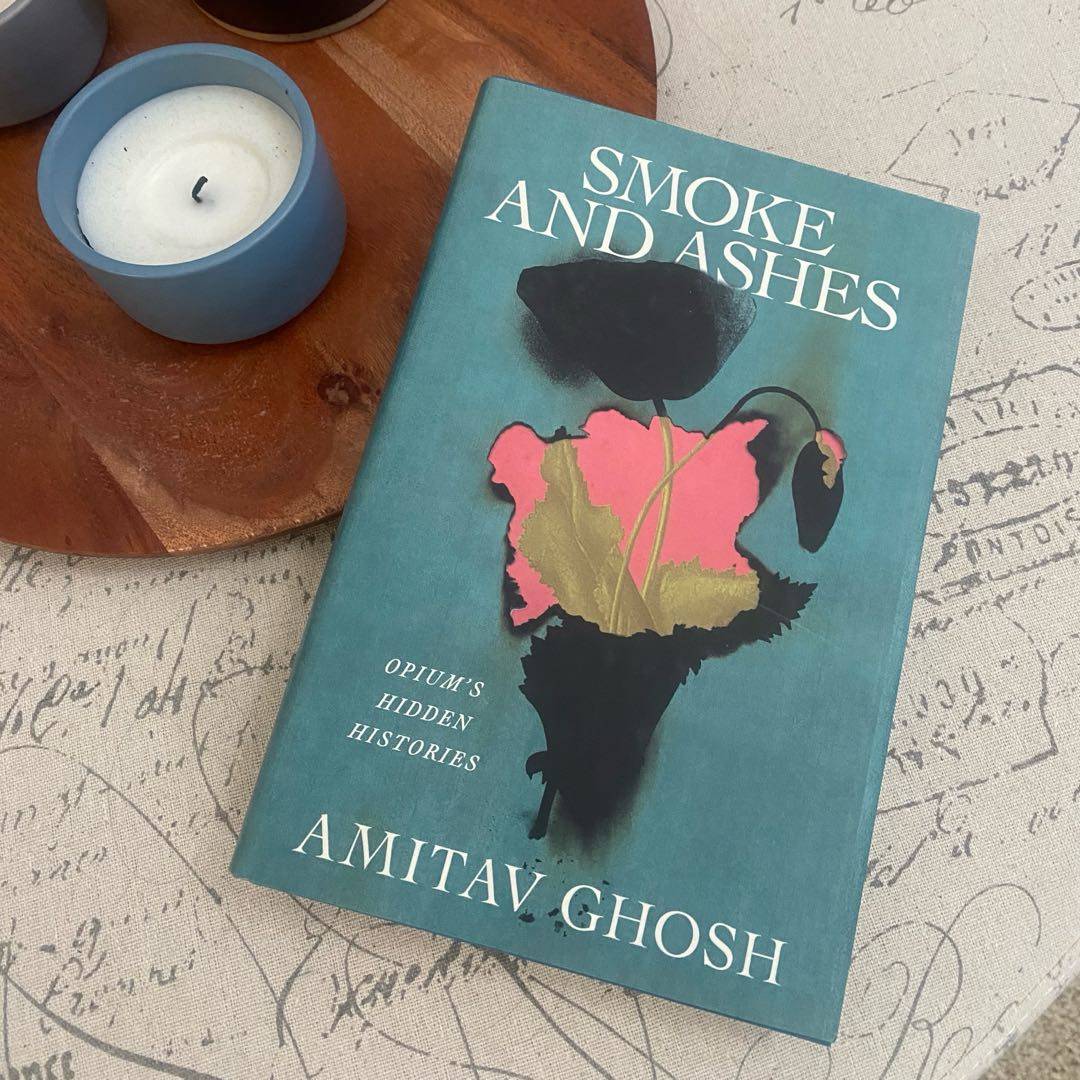
Informative. Mostly focuses on India and China (and colonialism) but also covers a lot of time and a few other places.

Informative. Mostly focuses on India and China (and colonialism) but also covers a lot of time and a few other places.
A well researched book on the opium plant and its impact on all aspects of society during the eighteen and nineteenth century. It was this plant that provided a lion share of the capital needed for European colonization. A lot of the wealthiest Americans made their fortune from this trade before they diversified into other ventures.
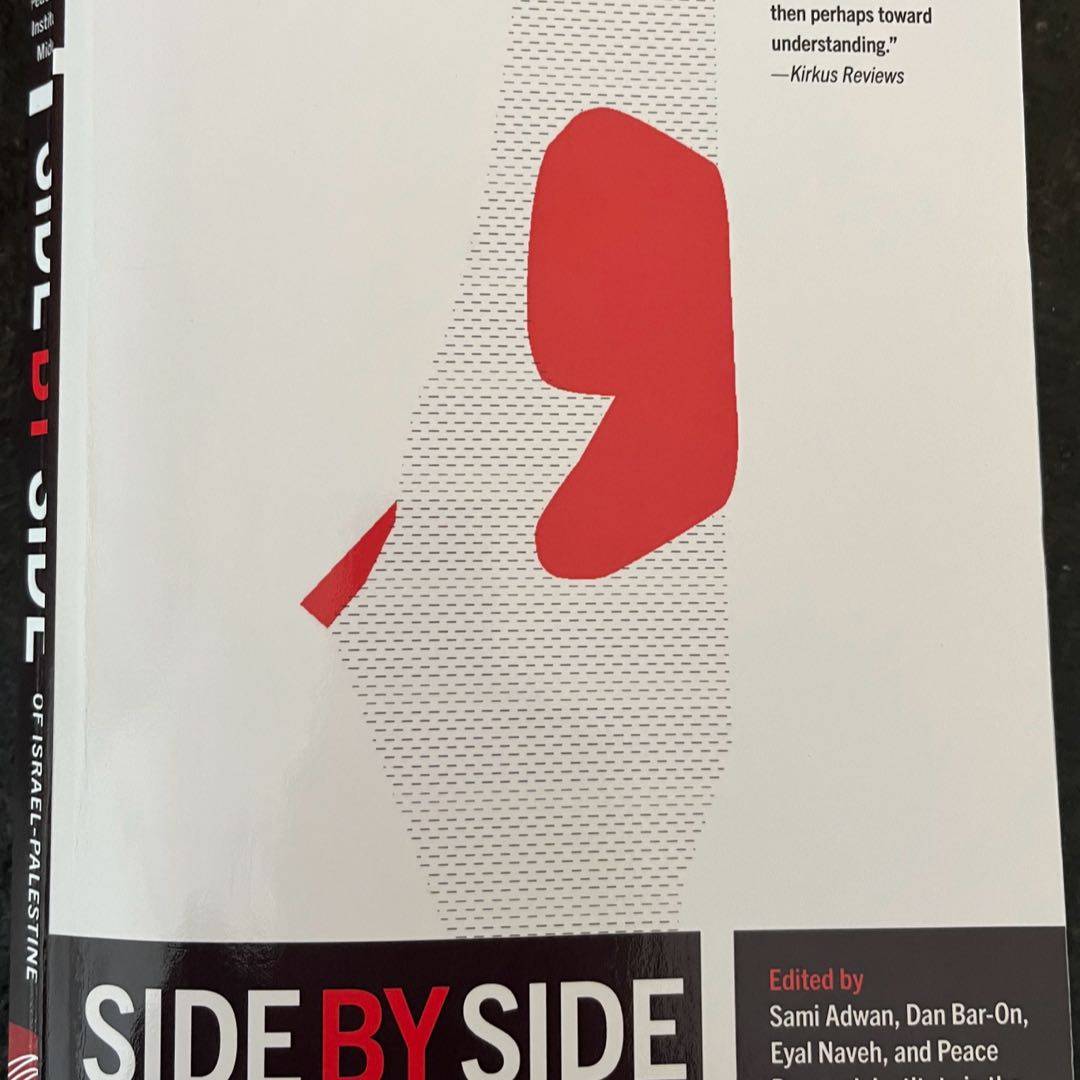
The Peace Institute in the Middle East collected contributions by Israeli & Palestinian teachers & historians into a history of Israel & Palestine since the establishment of the State of Israel that you can read side by side. The book ends with the second Intifada. It provides the reader with context & helped me understand the conflict. Sadly, it also makes it clear that there will never be peace.
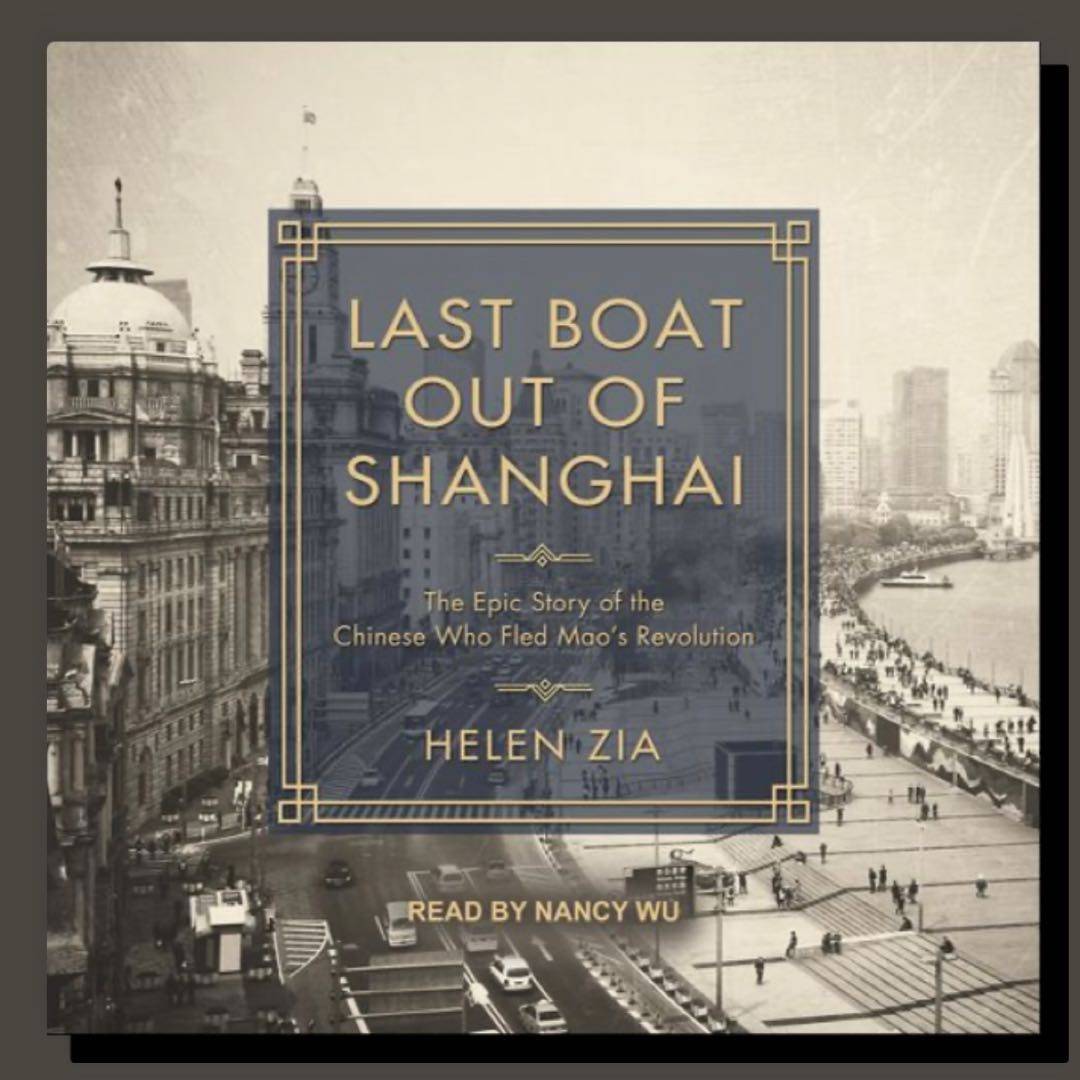
Following 4 young people and their families, this book looks at life in Shanghai during the Japanese occupation in WWII then on to the communist takeover of China and thereafter. It‘s a terrific, personalized way to explore history and excellent narrative nonfiction. I can‘t recommend it enough.
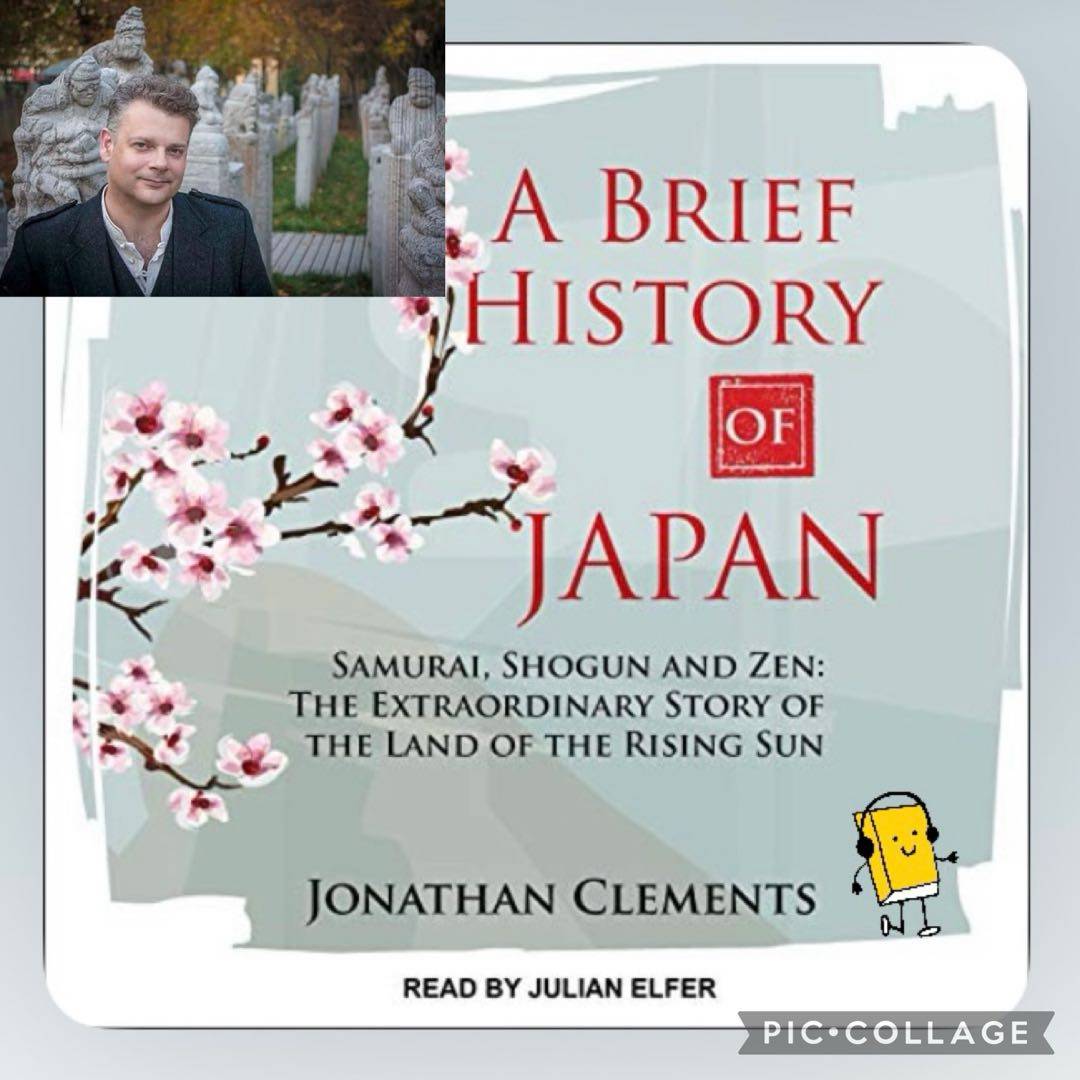
Japan medieval history is very confusing and Clements makes it more confusing by giving the reader too many compressed details and not enough clear analysis. Still, lots of interesting stuff here. I was entertained to learn the origins of sushi and kabuki theater.
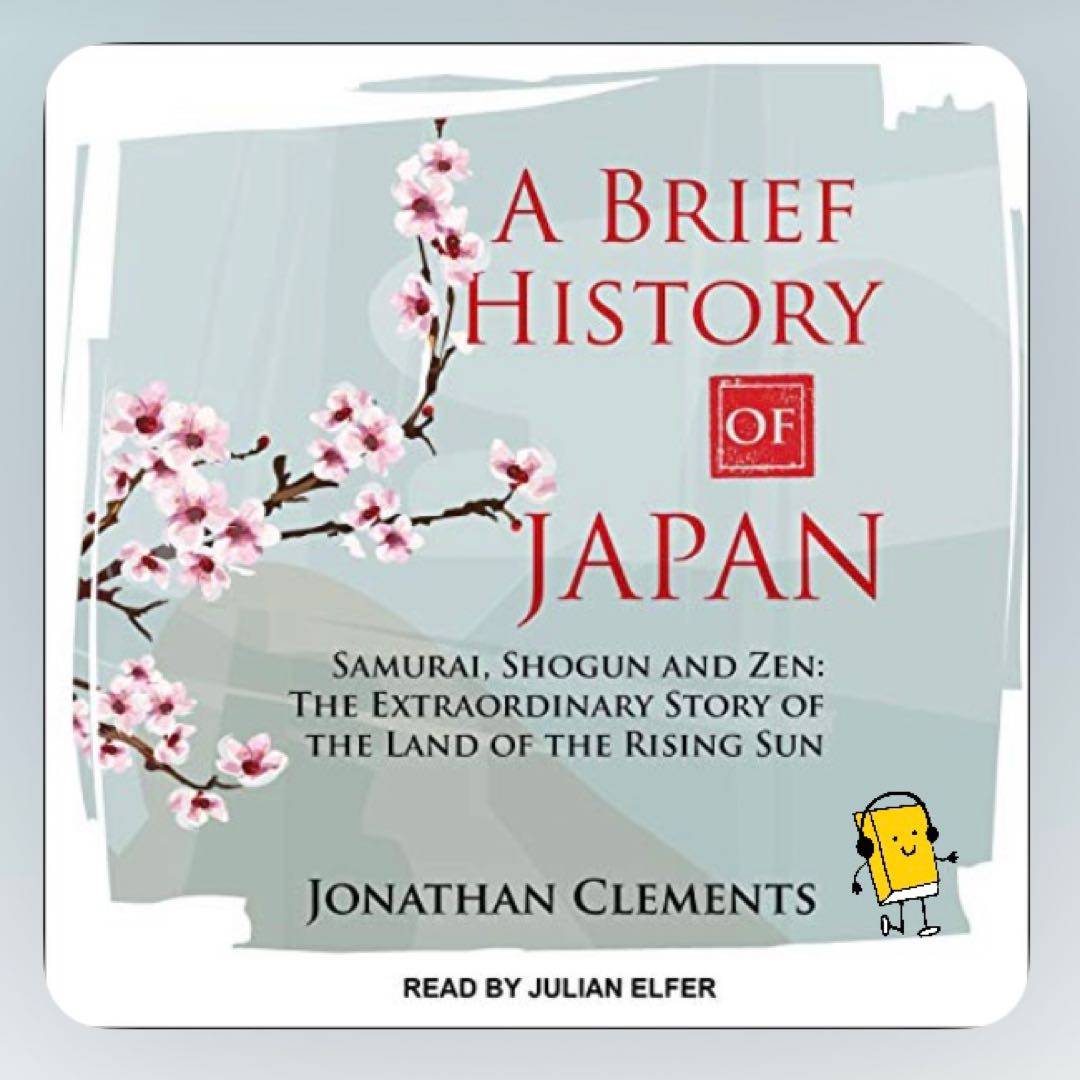
Looking for audiobooks and indecisive, I found this free on audible. I‘m fascinated, all of 20 minutes in.
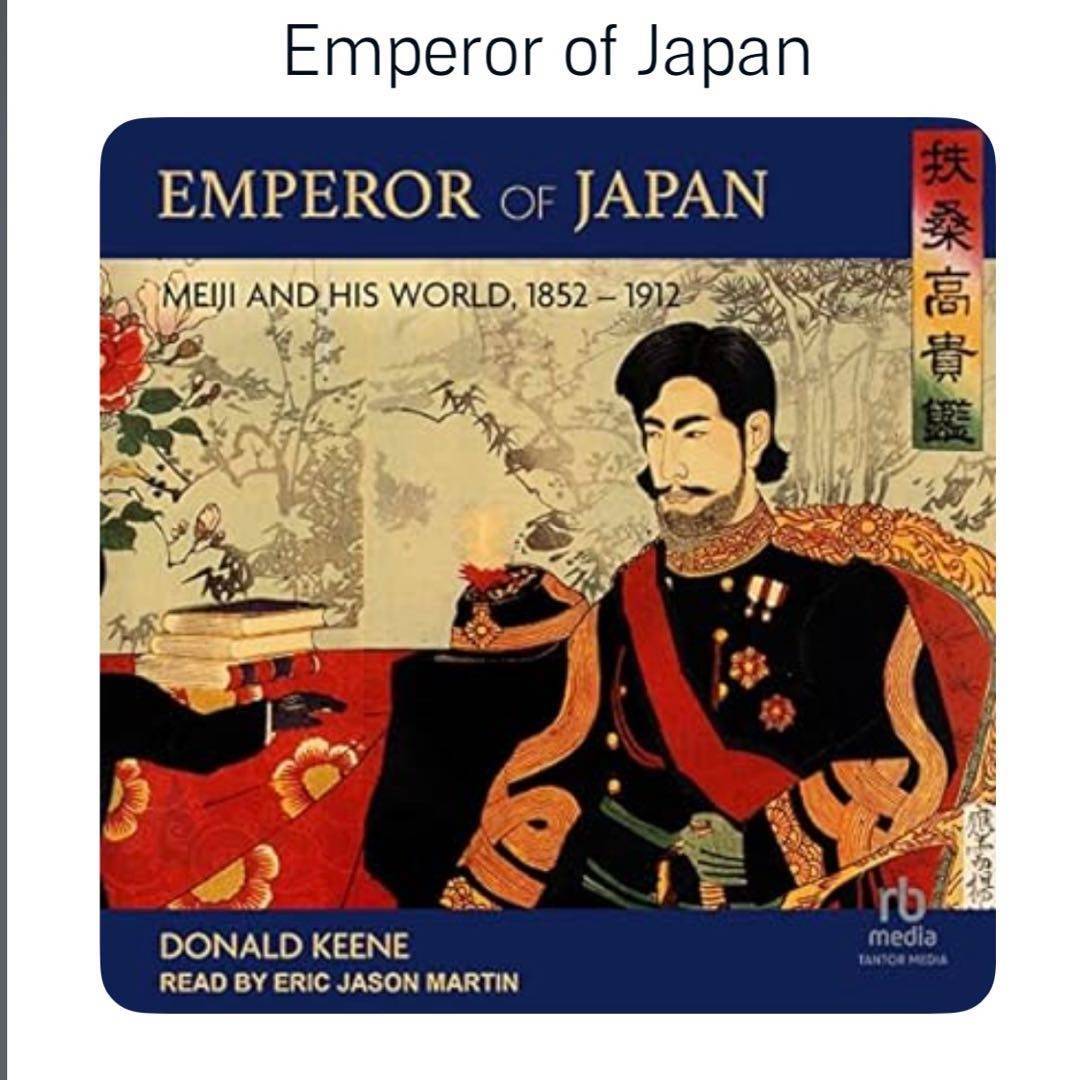
This nearly 40 hour audiobook is nothing if not thorough. At such a length it‘s hard to stay focused on everything, and after a while it becomes tough to keep names straight. Nonetheless, I learned a lot about a period of Japanese history in which I was uneducated.
A pick for me, but if I had read a hardcopy, I‘m not sure I could‘ve made it all the way through. The narration by Eric Jason Martin contributed much to my enjoyment of this tome.
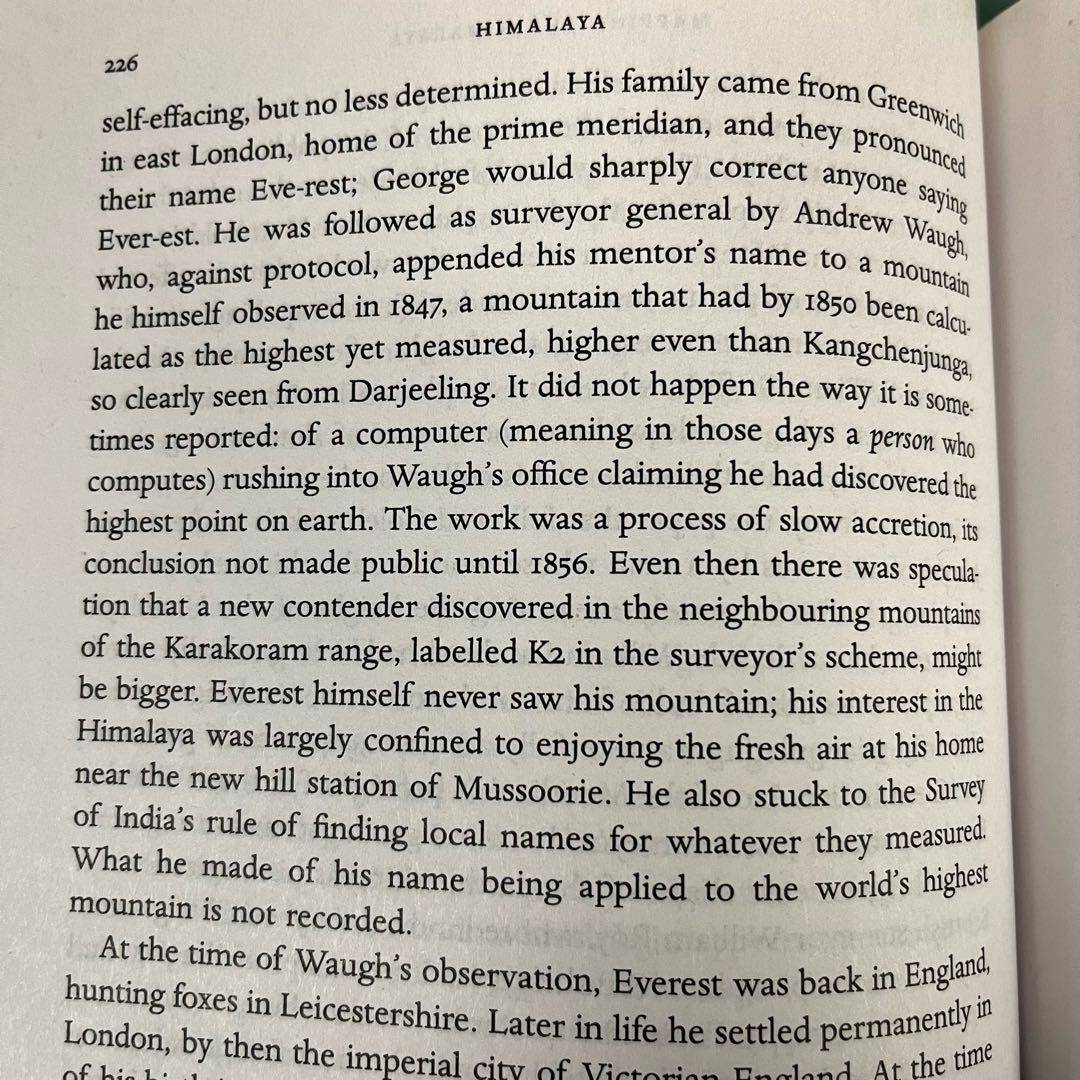
So, today I learned that
a. Mt. Everest was named for, but not by, George Everest.
b. George Everest was actually a proponent of learning the local name of mountains he surveyed, rather than coming up with new English names.
and c. He hated it when people pronounced his name Ever-est, rather than Eve-rest.